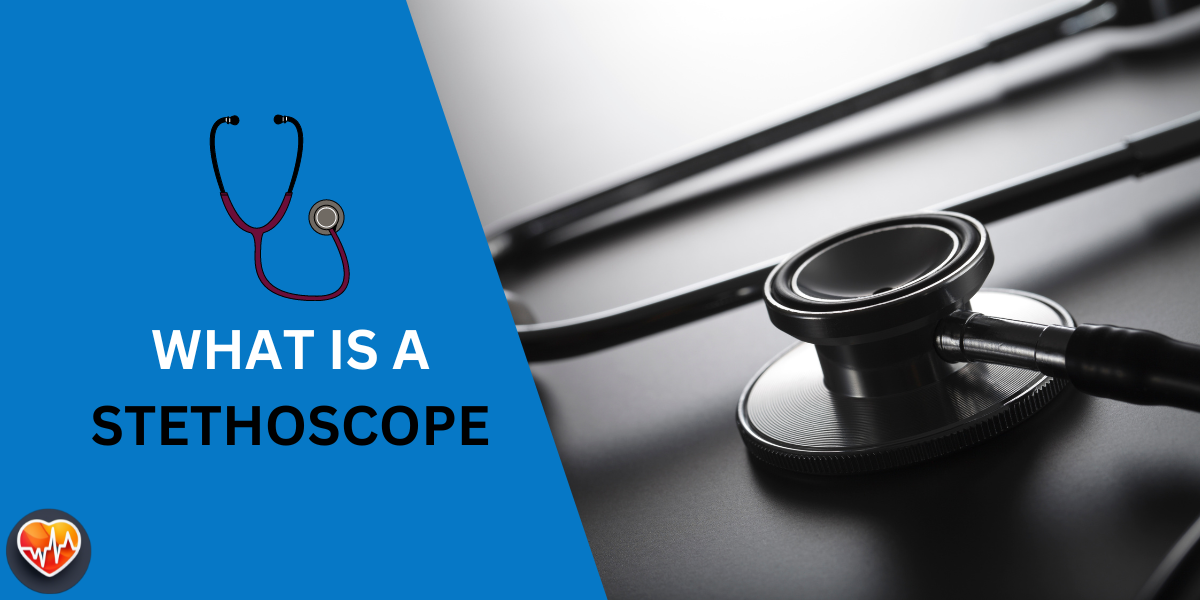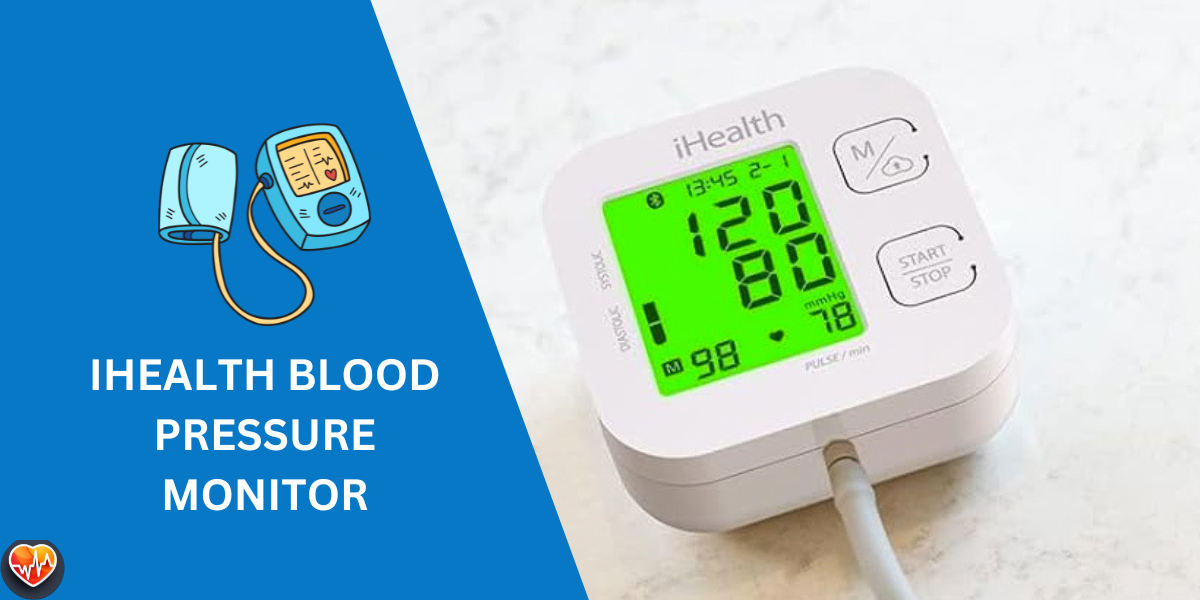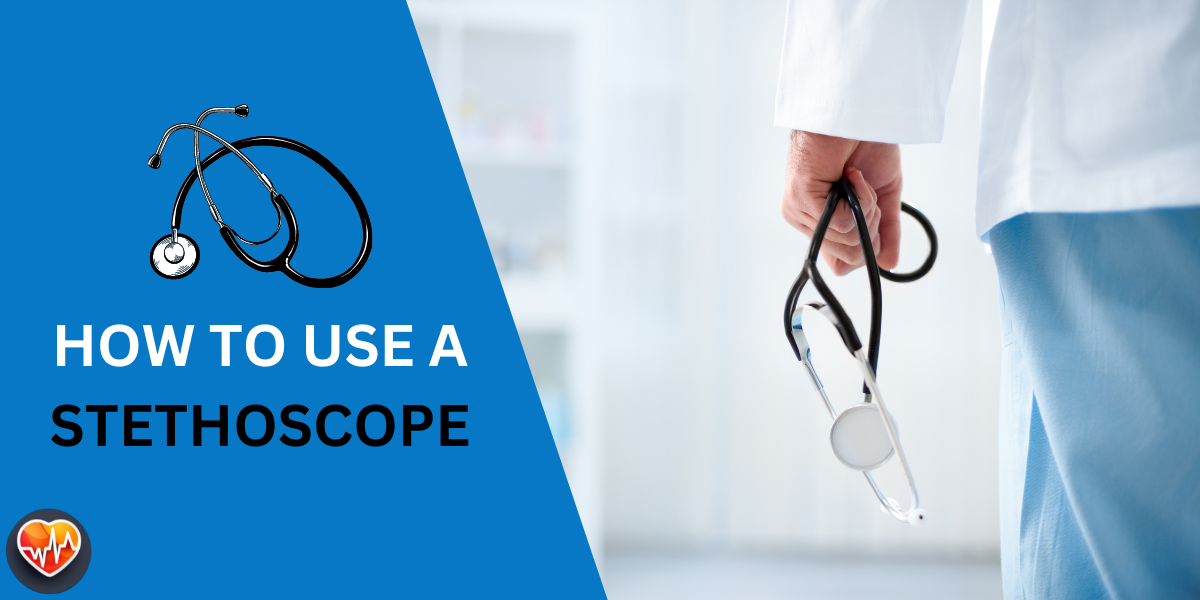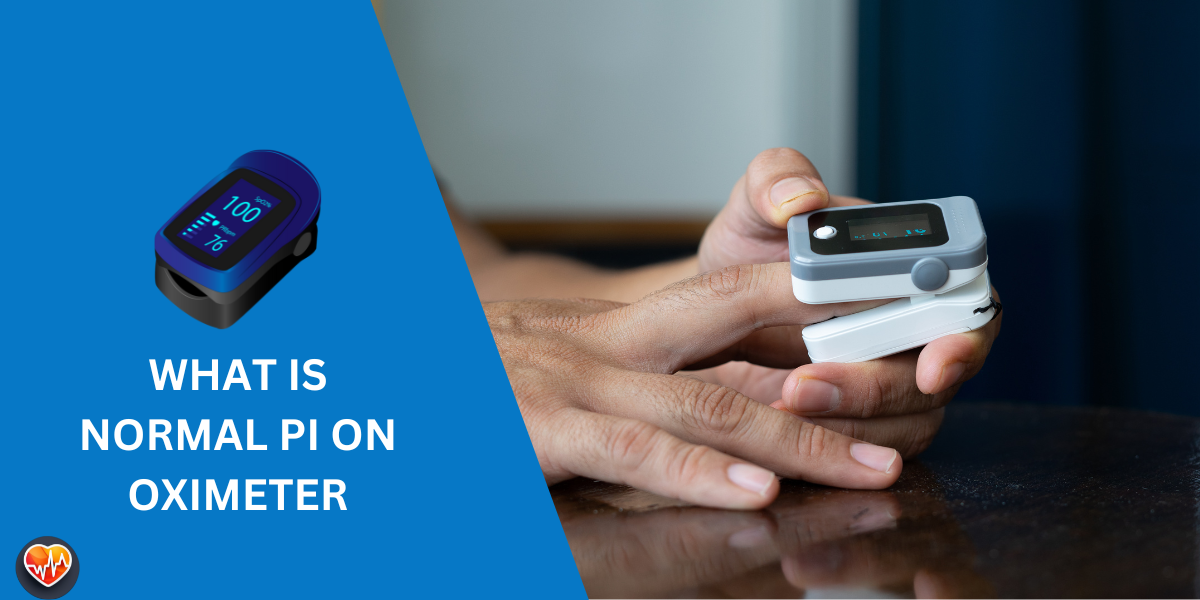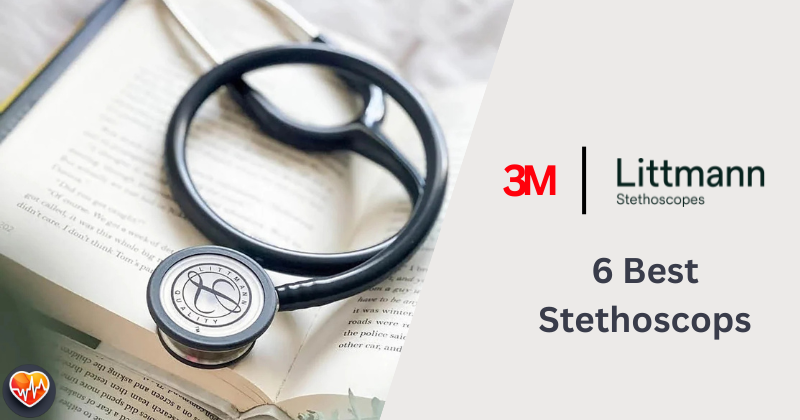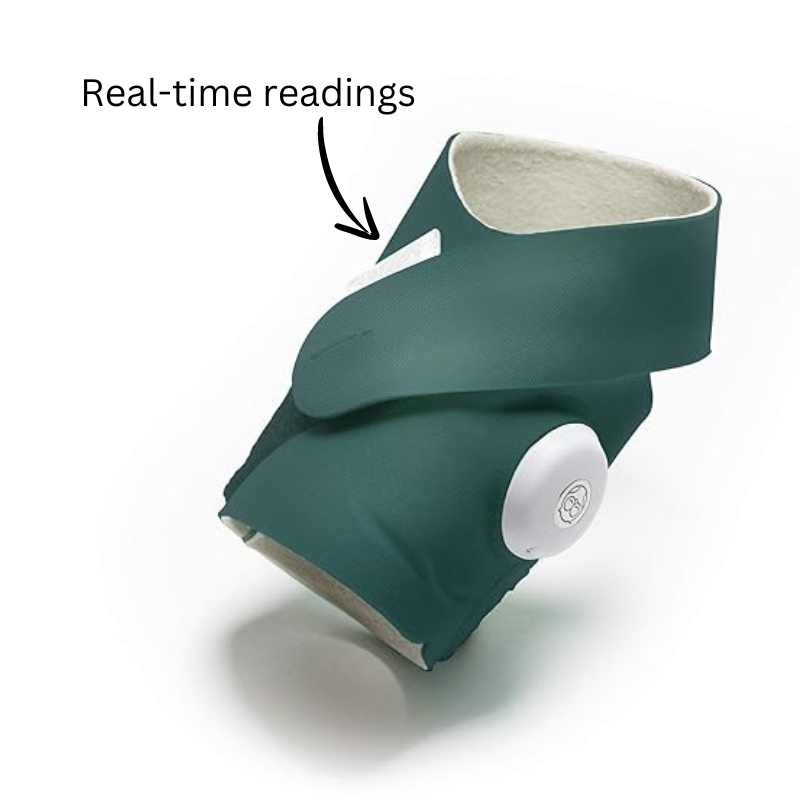
Clinically-proven accuracy, 16-hour battery life, sleep tracking, and real-time alerts for ultimate peace of mind.
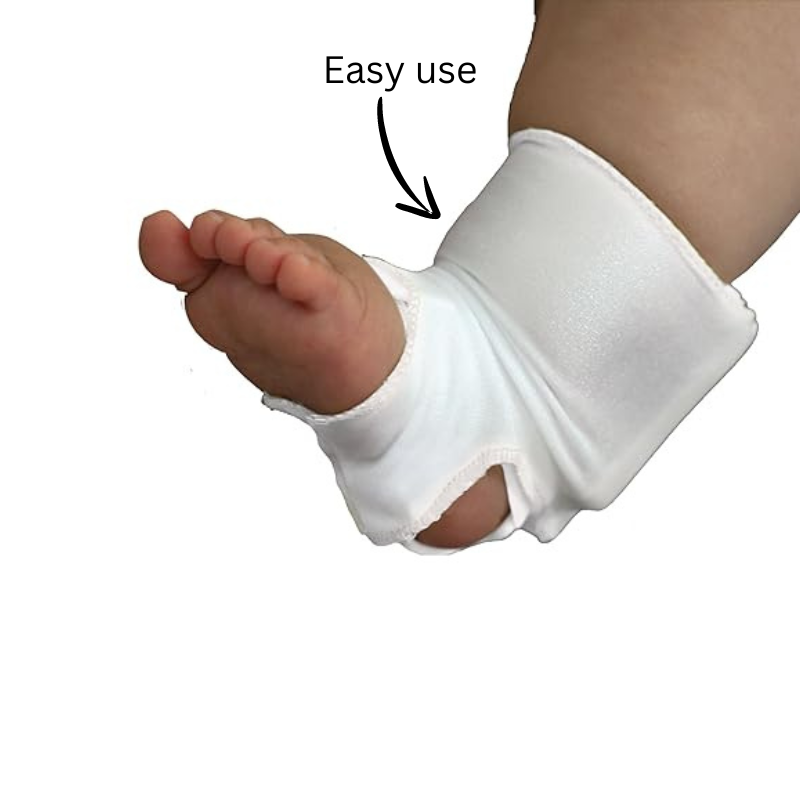
Affordable, reliable, and easy to use with a simple one-button design and bright display.
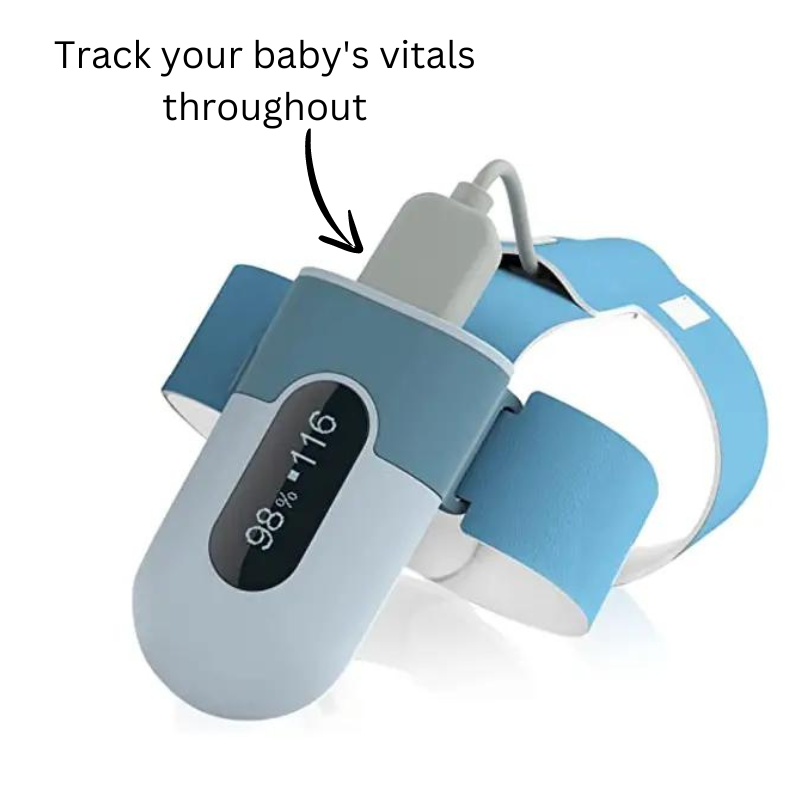
Continuous monitoring, customizable alarms, data logging, and a comfortable finger wrap sensor for comprehensive insights.
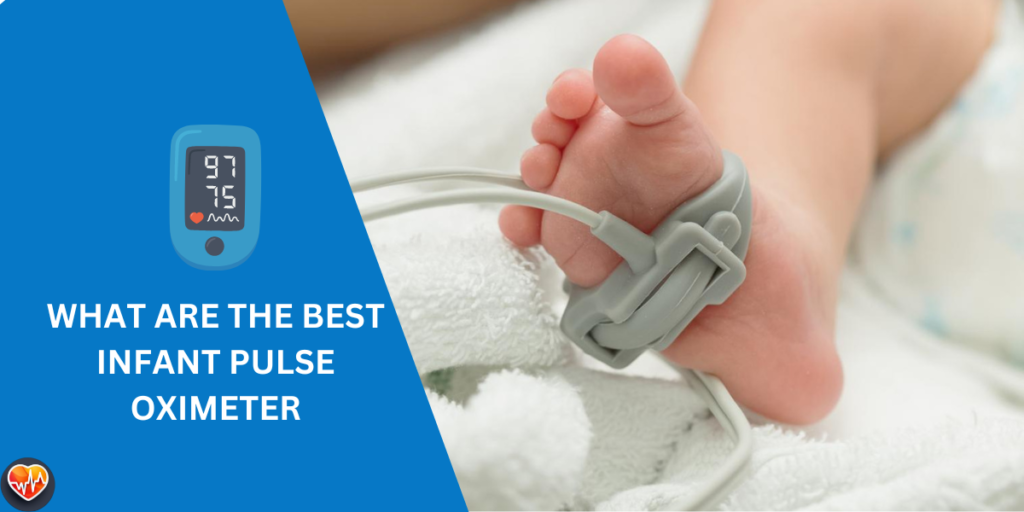
Does the thought of your little one’s health keep you up at night? We all want to protect those tiny fingers, toes, and soft breaths.
An infant pulse oximeter is your at-home health monitor, keeping tabs on your baby’s oxygen levels and heart rate without the stress of constant doctor visits.
In this guide, we’ll take you through the best infant pulse oximeters to help you choose the perfect one for peace of mind (and better sleep!). We’ll cover everything you need to know – from accuracy and ease of use to features and price.
What is an Infant Pulse Oximeter?
An infant pulse oximeter is small, non-invasive device that measures your baby’s heart rate and oxygen saturation levels.
It’s a valuable tool for parents concerned about their little one’s health, especially those with pre-existing conditions or respiratory issues.
Ready to find the best one for your family? Let’s dive into our top recommendations.
1. Owlet 3
The Owlet Smart Sock 3 isn’t your average baby monitor. It’s like having a gentle guardian angel watching over your little one’s sleep. This smart sock wraps around your baby’s foot, tracking their heart rate and oxygen levels in real-time. Peace of mind? Absolutely.

Our Take
The Owlet Smart Sock 3 offers exceptional peace of mind for parents, with its clinically-proven accuracy, user-friendly design, and comprehensive features.
Key Benefits
- Proven Accuracy: Owlet’s pulse oximetry technology is clinically proven, ensuring reliable readings.
- Effortless Setup and Use: The app guides you through setup and provides clear, easy-to-understand data.
- Gentle and Comfortable: The soft, sock-like design won’t irritate your baby’s delicate skin.
- Crystal-Clear Display: The base station’s vibrant display shows real-time readings and notifications.
- Long-Lasting Battery: Enjoy up to 16 hours of continuous monitoring on a single charge.
- Proactive Alerts: Receive notifications for low oxygen levels or irregular heart rates.
- Sleep Tracking: Track your baby’s sleep trends and patterns over time.
- 1-Year Warranty: Get peace of mind with Owlet’s comprehensive warranty coverage.
Pricing
- Pricing: Starting at $39.99
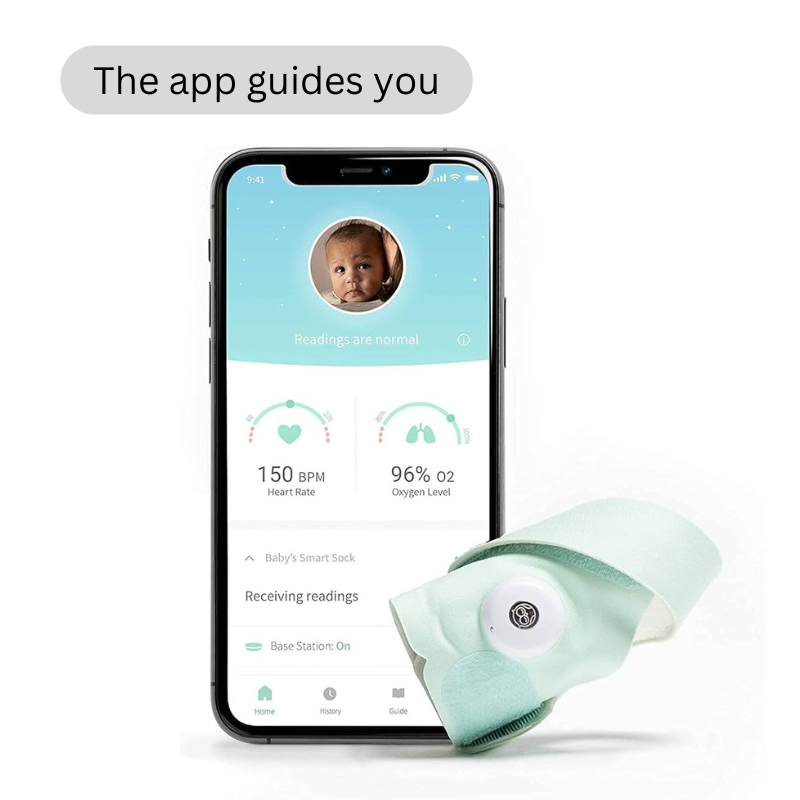
Pros
Cons
2. Baby Vida
The Baby Vida Pulse Oximeter is the perfect blend of simplicity and functionality. Its compact design and easy-to-read display make it a favorite among parents. This little device slips onto your baby’s finger, providing quick and accurate readings of their oxygen levels and heart rate. It’s a reliable and affordable option for those seeking a no-fuss pulse oximeter.

Our Take
The Baby Vida Pulse Oximeter is a great choice for parents seeking a simple, reliable, and affordable pulse oximeter for occasional monitoring.
Key Benefits
- Trusted Accuracy: Clinically tested for accurate readings.
- Simple Operation: One-button design for easy use.
- Portable Design: Compact and lightweight for on-the-go monitoring.
- Bright Display: Large OLED display with clear readings.
- Automatic Shutdown: Conserves battery life when not using.
- Affordable Price: A budget-friendly option without sacrificing quality.
Pricing
- Pricing: Starting at $44.99
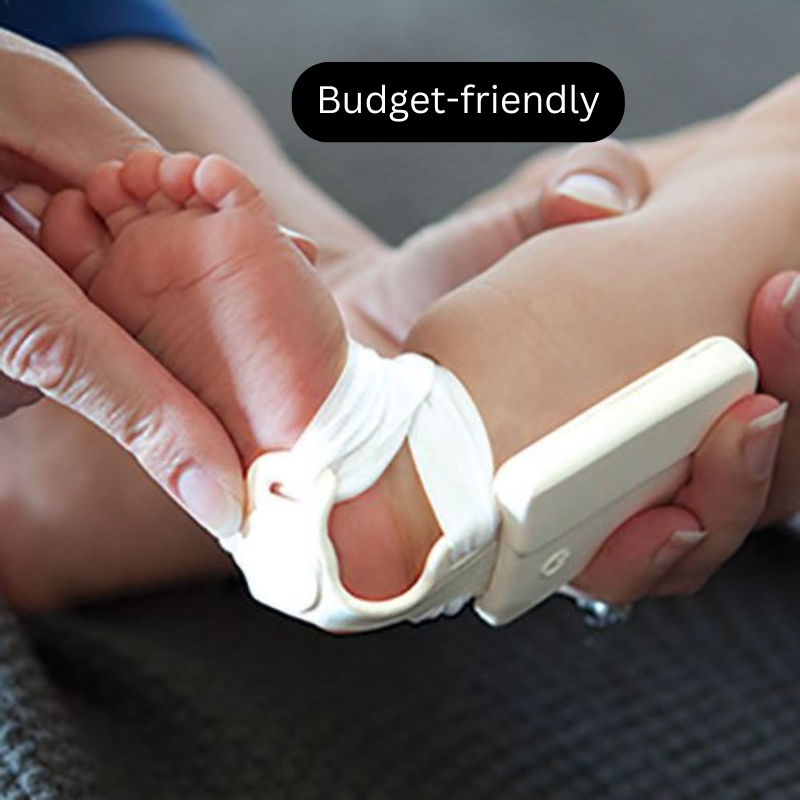
Pros
Cons
3. Zacurate 500DL
The Zacurate Pro Series 500DL Pulse Oximeter is a versatile device suitable for both infants and adults. Its durable design and long range of features make it a well liked choice among healthcare professionals and parents alike. This pulse oximeter boasts a bright OLED display, multiple display modes, and a long battery life, making it a reliable companion for monitoring oxygen saturation and heart rate.
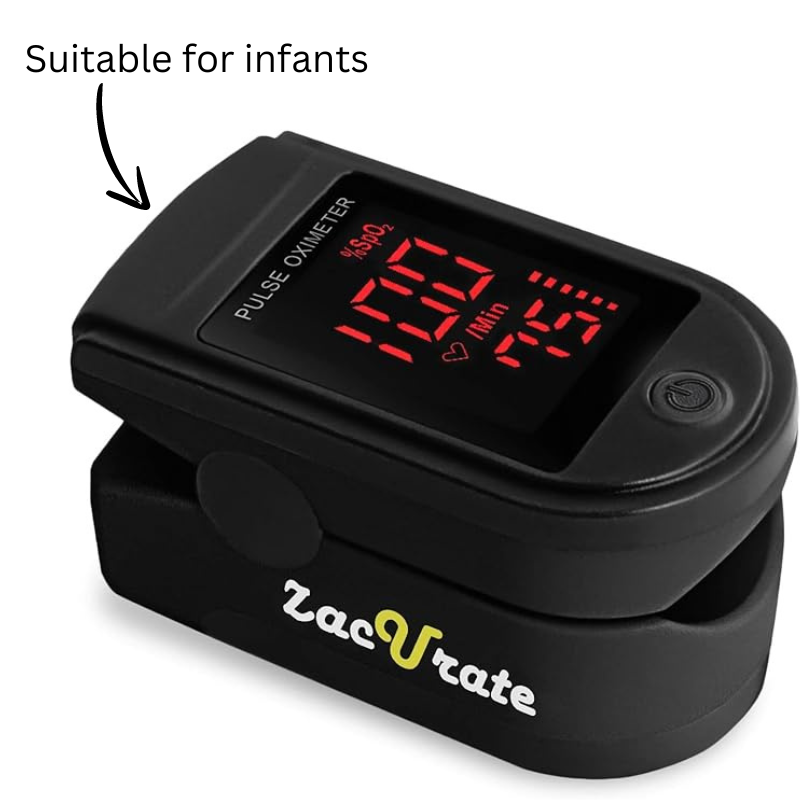
Our Take
The Zacurate Pro Series 500DL Pulse Oximeter is a reliable and versatile option for monitoring oxygen levels and heart rate.
Key Benefits
- Professional-Grade Accuracy: Trusted by medical professionals.
- Durable Construction: Built to withstand daily use.
- Versatile Use: Suitable for infants, children, and adults.
- Multiple Display Modes: View readings in various formats.
- Long Battery Life: Operates for hours on a single set of batteries.
- Plethysmograph Display: Visualizes pulse wave for additional insights.
Pricing
- Pricing: Starting at $22.95

Pros
Cons
4. Wellue Baby
The Wellue BabyO2 Infant Pulse Oximeter Monitor is a dedicated device designed for continuous monitoring of your baby’s oxygen levels and heart rate. Its comfortable finger wrap sensor and long-lasting battery make it ideal for overnight use. This pulse oximeter features a clear OLED display, customizable alarms, and data logging capabilities, providing comprehensive insights into your baby’s health.

Our Take
The Wellue BabyO2 Infant Pulse Oximeter Monitor is an excellent choice for parents seeking continuous monitoring and comprehensive data on their baby’s health.
Key Benefits
- Continuous Monitoring: Track your baby’s vitals throughout the night.
- Comfortable Sensor: Soft finger wrap for gentle monitoring.
- Long Battery Life: Lasts up to 16 hours on a single charge.
- Customizable Alarms: Set alerts for specific oxygen levels or heart rates.
- Data Logging: Store and review historical data for trends and patterns.
Pricing
- Pricing: Starting at $35.99
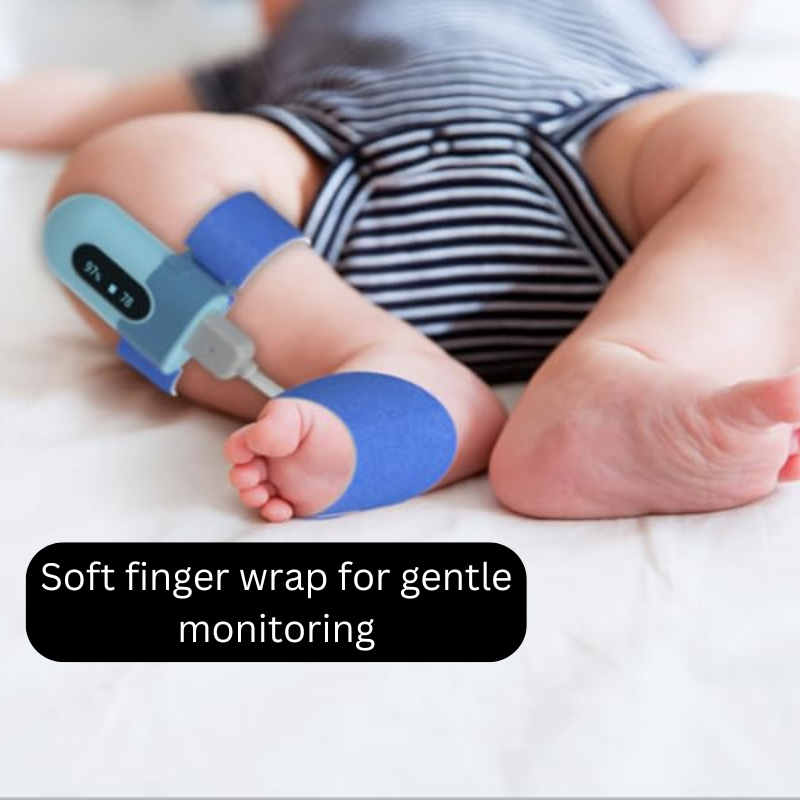
Pros
Cons
5. CONTEC CMS50D+
The CONTEC CMS50D+ Infant Pulse Oximeter is a reliable and affordable option for monitoring your baby’s oxygen saturation and pulse rate. Its simple design and userfriendly interface make it easy to use, even for first-time parents. This pulse oximeter features a bright OLED display, automatic shutdown, and a convenient lanyard for easy carrying.
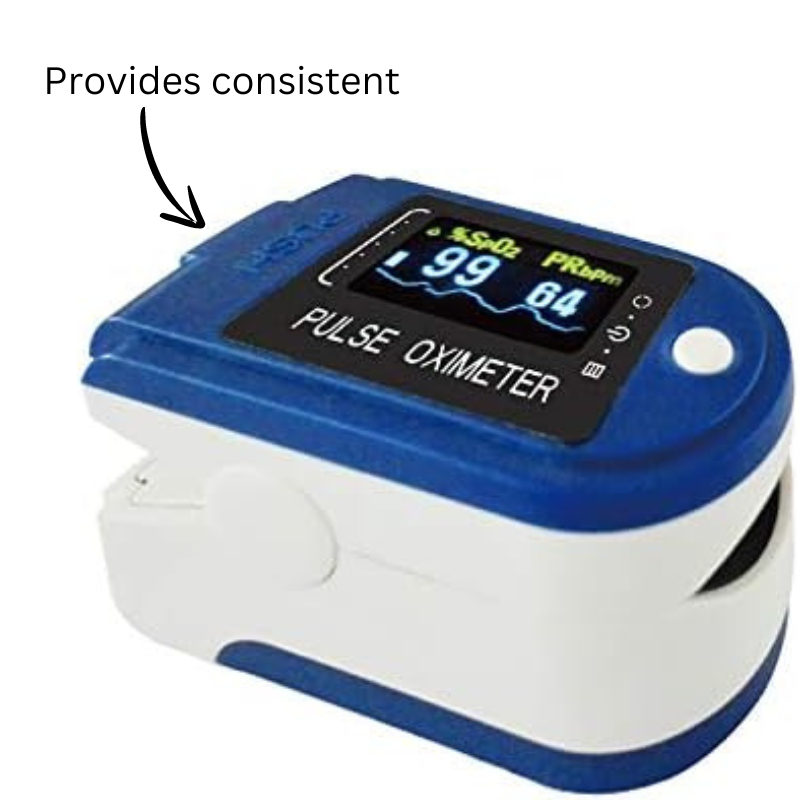
Our Take
The CONTEC CMS50D+ Infant Pulse Oximeter is a practical and budget friendly choice for guardians seeking a basic pulse oximeter for occasional monitoring.
Key Benefits
- Reliable Accuracy: Provides consistent and accurate readings.
- Easy to Use: Simple one-button operation and intuitive interface.
- Portable Design: Compact and lightweight for on-the-go monitoring.
- OLED Display: Clear display with adjustable brightness for easy reading.
- Automatic Shutdown: Conserves battery life when not in use.
- Lanyard Included: Convenient for carrying and storage.
Pricing
- Pricing: Starting at $90.06
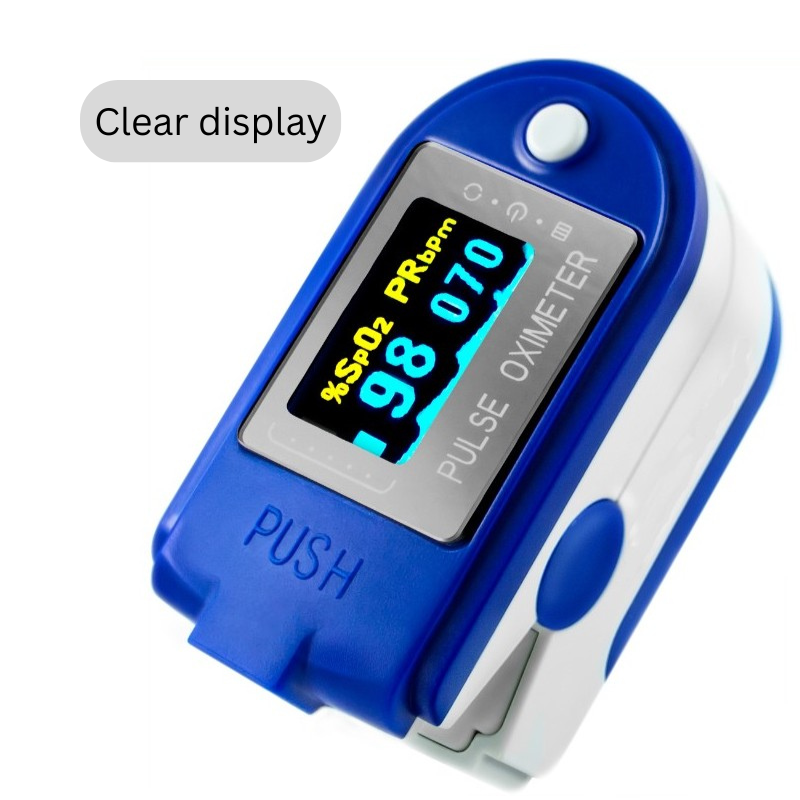
Pros
Cons
6. Santamedical
The Santamedical Generation 2 Finger Pulse Oximeter is a versatile device suitable for both infants and adults. Its ergonomic design and bright OLED display make it comfortable to use and easy to read. This pulse oximeter features a wide range of measurement capabilities, including SpO2, pulse rate, and perfusion index, providing comprehensive insights into your baby’s health.
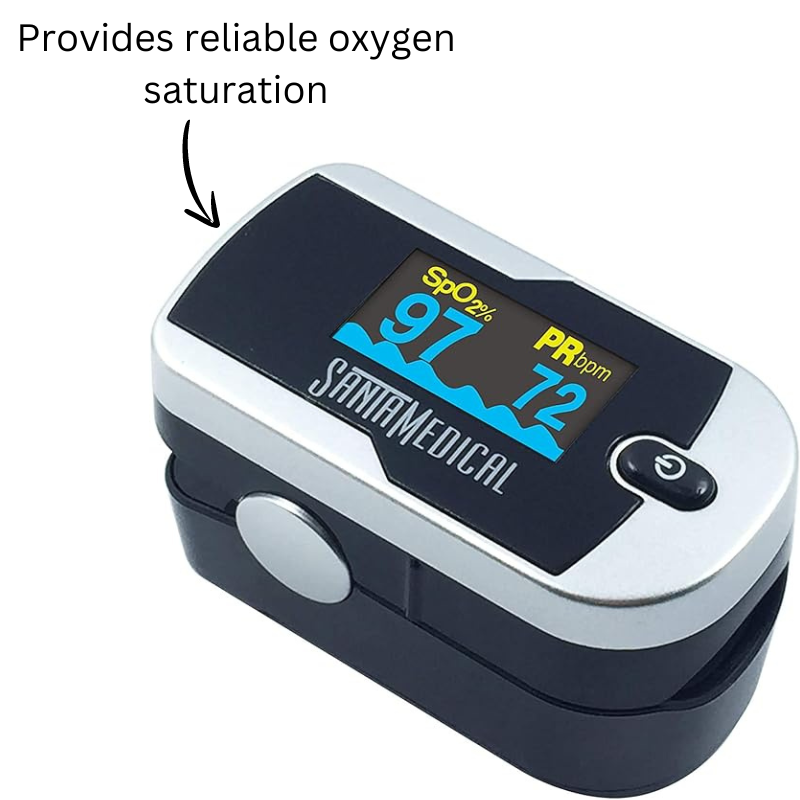
Our Take
The Santamedical Generation 2 Finger Pulse Oximeter is a versatile and affordable option for monitoring oxygen levels and pulse rate in both infants and adults.
Key Benefits
- Accurate Readings: Provides reliable oxygen saturation and pulse rate measurements.
- Ergonomic Design: Fits comfortably on fingers of all sizes.
- Bright OLED Display: Clear and easy-to-read display with multiple views.
- Wide Measurement Range: Measures SpO2, pulse rate, and perfusion index.
- Battery-Powered: Operates on two AAA batteries for convenience.
Pricing
- Pricing: Starting at $24.95
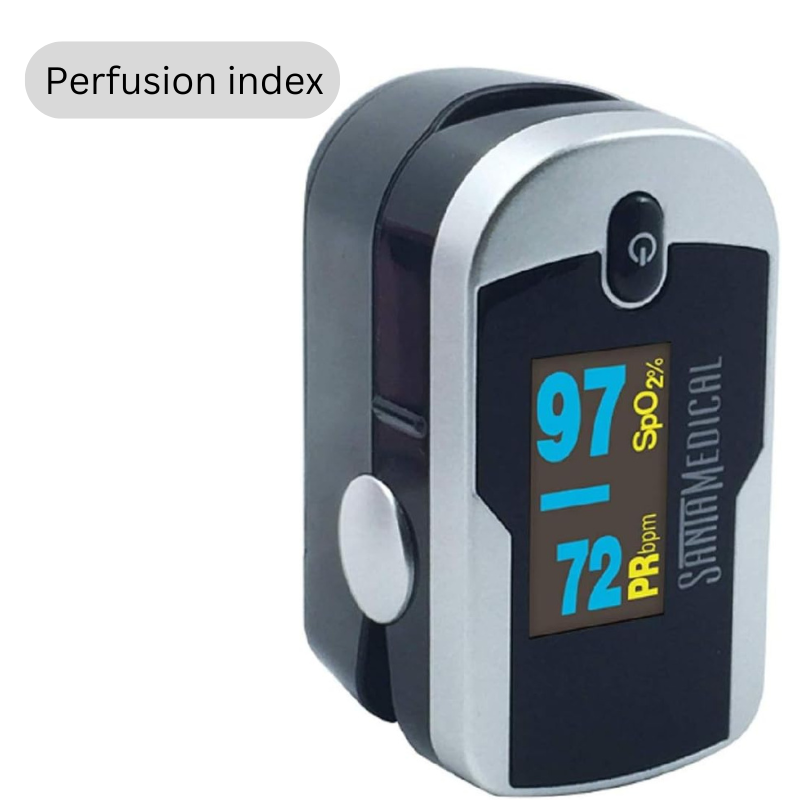
Pros
Cons
7. Facelake FL400
The Facelake FL400 Pulse Oximeter is a budget-friendly option for basic monitoring of oxygen saturation and pulse rate. Its simple design and easy interface make it suitable for occasional use. This pulse oximeter features a bright LED display and automatic shutdown, ensuring convenience and battery conservation.
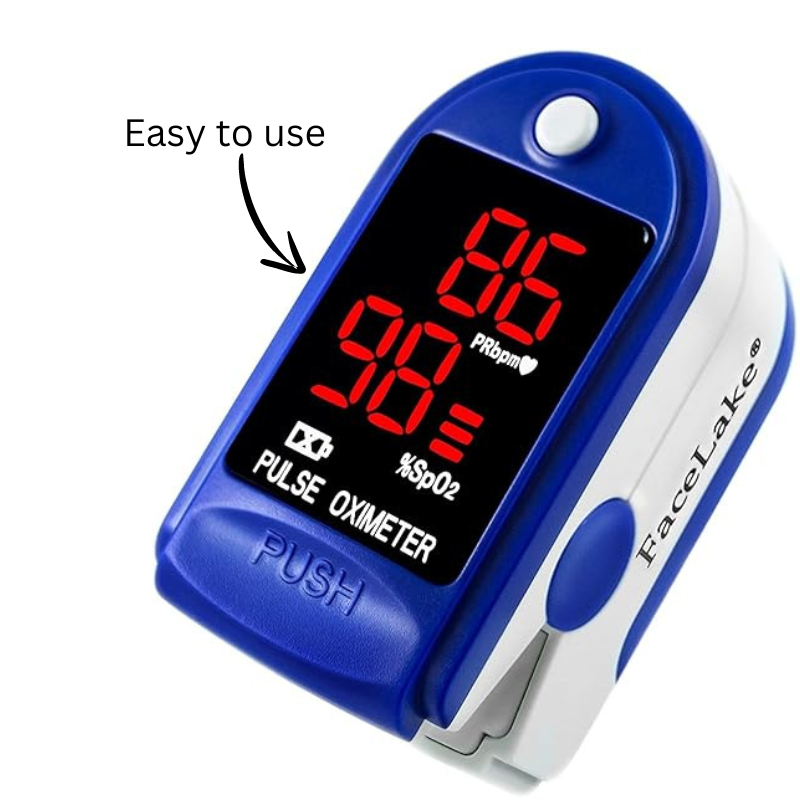
Our Take
The Facelake FL400 Pulse Oximeter is a basic but affordable option for parents who need a simple device for occasional monitoring of their baby’s oxygen levels and pulse rate.
Key Benefits
- Affordable Price: A budget-friendly option for occasional monitoring.
- Simple Design: Easy to use with a single button.
- Bright LED Display: Clear readings with adjustable brightness.
- Automatic Shutdown: Conserves battery life when not in use.
Pricing
- Pricing: Starting at $14.95
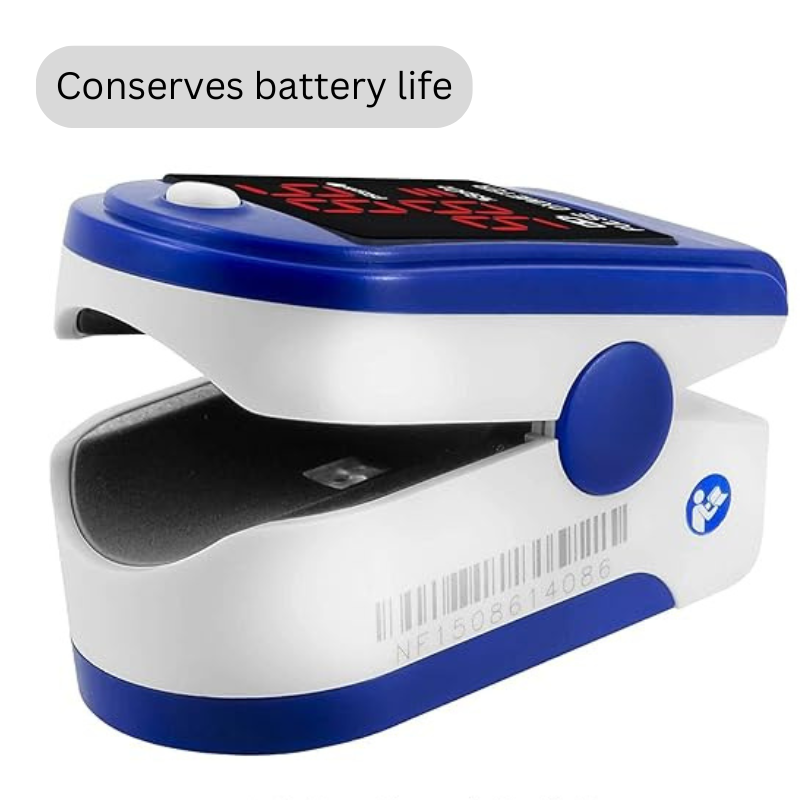
Pros
Cons
Benefits of Infant Pulse Oximeter
Infant pulse oximeters are transforming baby care solutions by empowering parents to monitor their little one’s oxygen saturation level (the amount of oxygen in their blood) and heart rate right at home. This can provide peace of mind, especially for parents with newborns or babies with pre-existing conditions.
Imagine having hospital-grade technology at your fingertips to keep a watchful eye on your baby’s health!
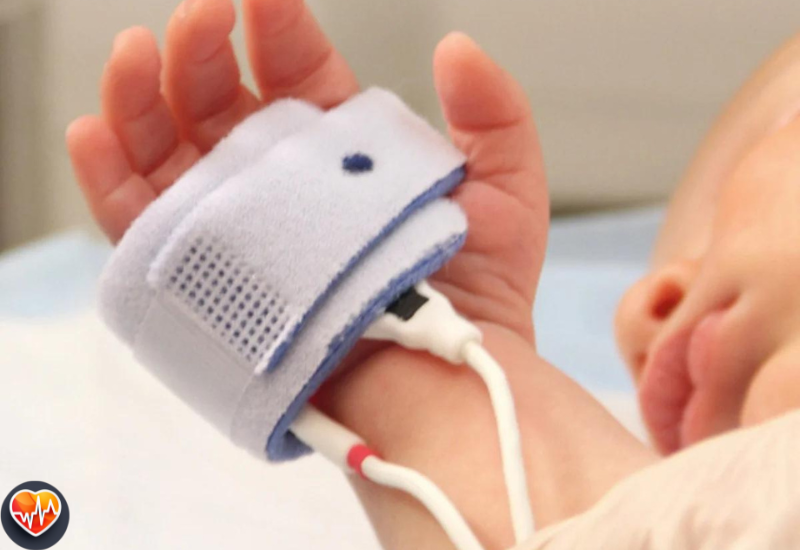
Early detection of low oxygen levels can be crucial in identifying potential health issues, allowing for timely intervention. Plus, with continuous monitoring options, you can rest assured that your baby’s well-being is being tracked even while they sleep.
What to Look for When Buying an Infant Pulse Oximeter?
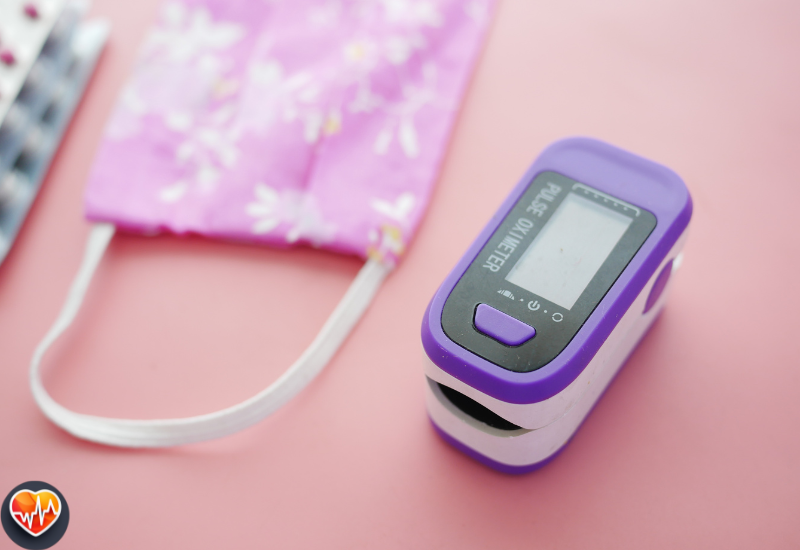
- Accuracy: Prioritize accuracy above all else. Look for devices that are FDA-approved or have clinical validation.
- Ease of Use: Choose a pulse oximeter that’s easy to operate and interpret, especially if you’re a new parent.
- Comfort and Fit: The device should fit your baby’s finger or foot comfortably and securely without causing discomfort. Look for soft, adjustable sensors.
- Display: A clear, easy-to-read display with adjustable brightness is essential for quick readings, especially during nighttime checks.
- Battery Life: Opt for a pulse oximeter with long battery life or rechargeable batteries to avoid constant replacements.
- Alarms and Notifications: Consider devices with alarms or notifications for low oxygen levels or heart rate abnormalities to ensure prompt attention.
- Additional Features: Some pulse oximeters offer additional features like Bluetooth connectivity, data tracking, or sleep monitoring. Evaluate whether these features are essential for your needs.
Buyer’s Guide
When researching the best infant pulse oximeters, we considered the following factors to help you make an informed decision that fits your lifestyle:

- Accuracy: We prioritized FDA-approved or clinically validated devices to ensure reliable readings for accurate monitoring of oxygen saturation level.
- Ease of Use: We looked for intuitive designs and clear instructions, especially for parents who might be new to this technology, understanding that babysitting pushes forward the need for user-friendly baby care solutions.
- Comfort and Fit: We evaluated the materials and design of each product to ensure a comfortable fit for your baby’s delicate skin, because even with additional monitoring in place, comfort is key.
- Features: We compared various features like alarms to alert you of any changes, data tracking for insights, and food and sleep monitoring to identify those that offer the most value.
- Pricing: We analyzed the cost of each device, considering the features and value it provides, knowing that every family has different budgets for their baby care solutions.
- Customer Reviews: We scoured online reviews and forums to gauge real-world experiences and identify potential issues parents have faced when integrating these devices into traditional solutions.
- Brand Reputation: We researched the reputation of each brand to assess their commitment to quality and customer satisfaction, understanding that trust is crucial when choosing baby care solutions.
- Additional Considerations: We looked into factors like battery life, portability, and warranty to ensure long-term usability and peace of mind, as these devices often become essential tools in the daily routine of caring for your little one.
By carefully evaluating these factors, we’ve curated a list of the best infant pulse oximeters that balance accuracy, ease of use, and value, so you can choose the perfect device to monitor your baby’s health and well-being, knowing that you’ve made a well-informed decision for your baby care solutions.
Wrapping Up
Choosing the right infant pulse oximeter is an important decision for any parent.
It can be a valuable tool in your baby care solutions arsenal, providing peace of mind and potentially life-saving information. As technology like babysitting apps pushes forward the boundaries of infant care, pulse oximeters are becoming an increasingly essential part of modern parenting.
We hope this guide has equipped you with the knowledge you need to make an informed decision.
Remember, the best pulse oximeter for your family will depend on your individual needs and budget. Consider the factors we’ve discussed, do your research, and choose a device that you feel confident using to monitor your little one’s health, especially as it can be challenging when babysitting pushes forward the demands on your time and attention.
Frequently Asked Questions
When should I use an infant pulse oximeter?
An infant pulse oximeter is most useful for babies with breathing difficulties, prematurity, heart conditions, or other health concerns. It’s also helpful for monitoring during illness or when your baby seems unwell.
Are infant pulse oximeters accurate?
Yes, FDA-approved infant pulse oximeters are generally accurate. However, factors like movement, cold hands, or nail polish can affect readings. Always follow the manufacturer’s instructions for proper use.
Can I use a regular pulse oximeter on my baby?
While technically possible, it’s not recommended. Infant pulse oximeters are designed specifically for smaller fingers and often have features tailored to babies’ needs.
How often should I check my baby’s oxygen saturation level?
If your doctor hasn’t given specific instructions, monitoring a few times a day or when your baby seems unwell is a good starting point.
Are infant pulse oximeters covered by insurance?
In some cases, insurance may cover an infant pulse oximeter if it’s deemed medically necessary. It’s best to check with your insurance provider for specific coverage details.


